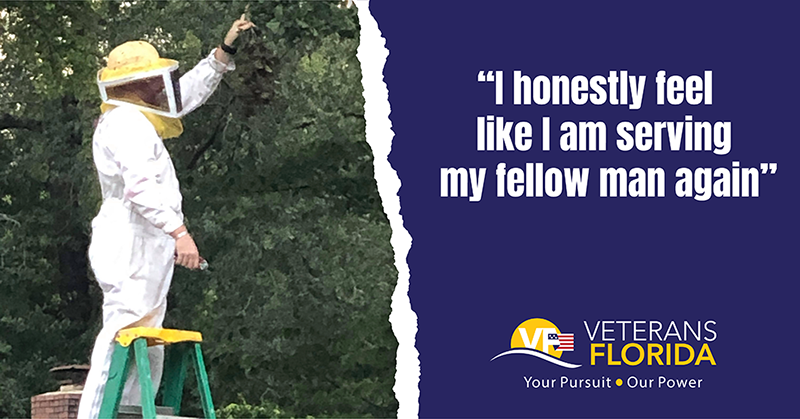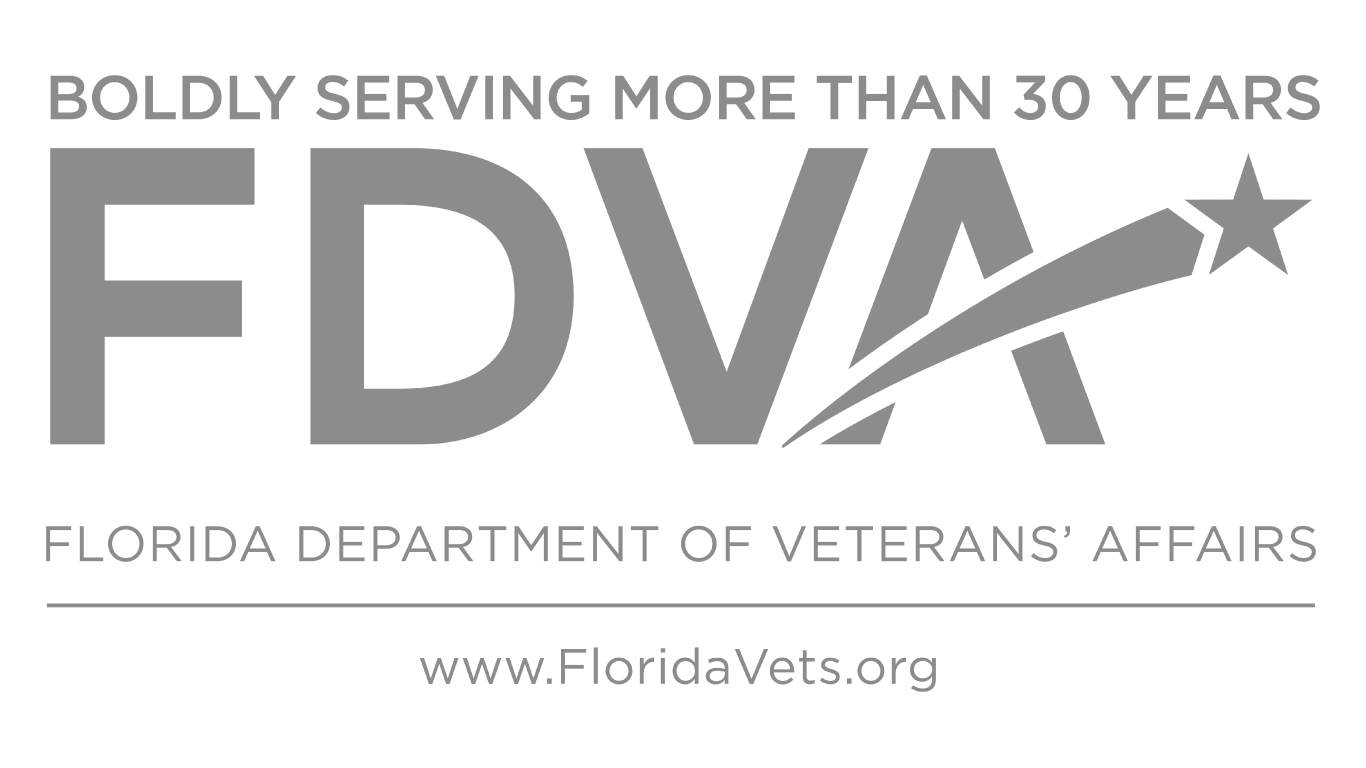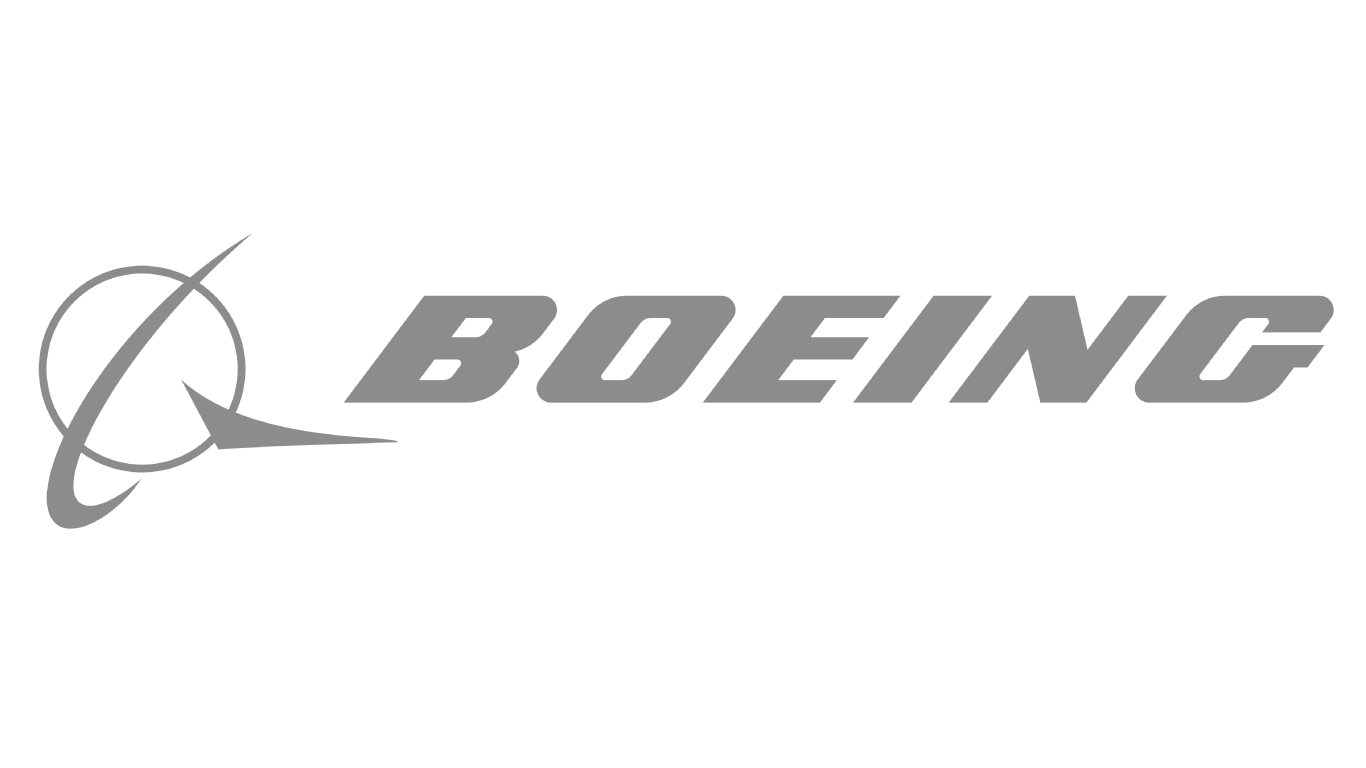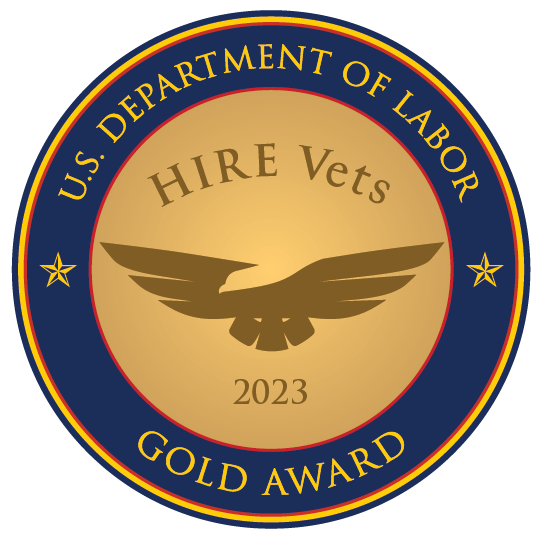The personal attributes, skills and work ethic that military servicemen and women develop during their service are held in high regard by Florida businesses and are in great demand in the Sunshine State. The key is to convey these qualities to potential employers so that they can see the competitive advantage you offer.
Veterans face many challenges when transitioning from a military lifestyle into a civilian culture—chief among them is landing a job. When looking for work and shaping a new career in Florida, a vital first step is to create a resume that renders the work experiences and skills gained during your military service into terms that are both meaningful and enticing to civilian businesses.
TIP 1: GATHER INFORMATION FOR YOUR RESUME
To help you create a timeline of your service and assist you in recalling specific details, collect documents related to your military service. These might include, for example, performance evaluations, awards and commendations, and your Verification of Military Experience and Training or VMET. You’ll also want to keep copies of education transcripts.
TIP 2: DETERMINE THE MARKETABLE SKILLS YOU USED DURING YOUR SERVICE
To communicate effectively, it’s essential to avoid the use of military jargon and acronyms, and use equivalent civilian terminology instead. In general, you’ll want to de-militarize your resume.
To this end, review the specific functions that were involved in executing the tasks you performed and identify the core values, expertise and skills that fed into them. Examples of these could be: leadership, ability to implement tasks with minimal supervision, keen attention to detail and ability to work in high-pressure circumstances and meet demanding deadlines.
TIP 3: PROVIDE A COMPLETE PICTURE OF YOUR EXPERIENCE
The resume should capture and highlight core competencies, including technical, interpersonal and leadership skills. You can turn these competencies into headlines in your job experience narrative and follow them with verb-based statements about the work you did that reflected the competencies.
- Technical Skills: Many types of military roles have civilian career counterparts, for example a telecommunication technician, financial management technician, mechanic or health care specialist. The technical skills you developed in your military career should be spelled out in your resume.
- Interpersonal Skills: Military work frequently requires collaboration and interaction with a variety of personalities, from high-ranking officers to unit commanders, teammates and subordinates. The kinds of interpersonal skills involved in completing a military job are also valued in the civilian workplace; your resume should detail them to reflect your ability to cooperate with many different kinds of colleagues and work across departments to accomplish objectives.
- Leadership Skills: Civilian employers appreciate leadership experience and training acquired in the military. Overseeing subcontractors is one example of a leadership skill that can be incorporated into a civilian resume. According to the University of Notre Dame article “Military Veterans Have Honed the Intangibles,” veterans have not only been trained to respond to commands. The goal of their training is to help them recognize the talents inherent in their team and to develop those talents to enable success—also a critical need in business.
TIP 4: CAPTURE A RECORD OF ACCOMPLISHMENT
- Draw attention to Campaigns and Operations: When describing your service, mention the major operations in which you participated and what your roles and tasks were; operations are like private-industry projects in civilian corporations.
- Incorporate Hard Numbers and Concrete Results: You can also include a “Record of Accomplishments” section to illustrate your dedication and ability to contribute to a broader mission. To demonstrate your ability to get results, offer numbers whenever possible. While hiring managers may not grasp all the specifics of your military background, they will understand statements like “supervised 20 subordinates” or “reduced department expenses by 4.3 percent in 2015.”
TIP 5: GENERAL DOS AND DON’TS FOR RESUMES
- Use keywords in your resume. These are words employers use to describe what they’re looking for in an applicant. They identify you as a possible match for the job—many large organizations rely on electronic applicant tracking systems (ATS) to pre-filter resumes. An ATS scans resumes for contextual keywords and key phrases, mathematically scores them for relevance, and sends only the most qualified ones through. Keywords also boost the credibility of your resume.
- Make sure your resume displays proper grammar and contains no spelling errors.
- Write the resume in third person—the word “I” should not appear.
- Exclude personal information, for example details relating to a spouse and/or children.
- Include your email address and no more than two primary phone numbers.
- Use a standard font such as Times New Roman and do not include imagery.
- Shape a resume that is no more than two pages long.
TIP 6: USE AVAILABLE JOB-RELATED RESOURCES FOR VETERANS IN TRANSITION
- This military to civilian occupation translator can help match your military skill set and experience to civilian occupations.
- Take advantage of the keys to career success mentioned in CareerOnestop.
- Make use of a Military Occupational Classification (MOC) skills translator tool, such as this one from O-Net OnLine to discover comparable civilian classifications.
- Check for job openings on the Veterans Florida site. These employers are interested in hiring and training veterans.
- Visit Employ Florida Vets on this page and check out their career resources.










